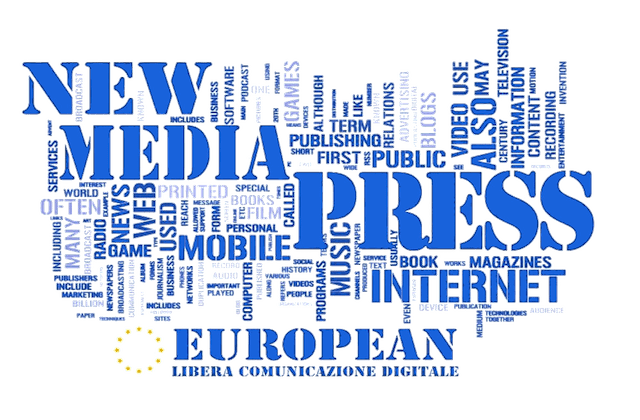Del 17 Novembre 2023 alle ore 20:47The Council of Europe, established by treaty, has long been regarded as an international organization with a focus on human rights, democracy, and the rule of law. However, recent developments have raised questions about its transition from a treaty-based organization to one that proclaims government authority. This article delves into the fundamentals of the rule of law, examining how the Council of Europe, an official United Nations Observer organization, seemingly overnight assumed powers typically reserved for sovereign states, and the implications this shift holds for legal systems and institutions.
The Council of Europe’s Treaty Foundation:
At its inception, the Council of Europe was founded on treaties signed by its member states, emphasizing cooperation and the promotion of fundamental rights. The Treaty of London laid the groundwork for this international intergovernmental organization, fostering collaboration among European nations. However, the question arises: how did an organization rooted in treaties transform into an entity proclaiming government authority?
The Conundrum of the Parliamentary Assembly:
The Parliamentary Assembly of the Council of Europe, operating within the framework of treaties, is facing an identity crisis as it contends with its evolving role. Traditionally, a parliamentary assembly within an international organization does not possess the attributes of a sovereign state’s parliament. The confusion arises when examining how this assembly, formed under the Council of Europe’s treaty, has seemingly assumed powers beyond its initial scope, blurring the lines between an intergovernmental organization and a governing body.
Committee of Ministers and the Power Confusion:
The use of terms like “Committee of Ministers” within the Council of Europe adds another layer of complexity. While this committee comprises foreign ministers of member governments, it does not inherently transform into a real power of ministers as understood within the context of a sovereign state. The powers granted to ministers in this scenario are delegated by the governments they represent, not emanating from the organization itself. The Council of Europe, even with its Committee of Ministers, remains bound by treaty and lacks the inherent authority of a sovereign state.
European Prosecutors Office: Unraveling the Source of Power:
The emergence of the European Prosecutors Office further amplifies the perplexity surrounding the Council of Europe’s newfound authority. Without a sovereign European country, the question arises: from where does the European Prosecutors Office derive its power to enforce laws? The absence of a decree empowering the Council of Europe to act as a sovereign entity raises concerns about the legitimacy of legal enforcement within its jurisdiction.
Russia’s Expulsion and the Specter of Influence:
The expulsion of Russia from the Treaty of London in 2022 adds another layer of intrigue to the Council of Europe’s evolving dynamics. The question lingers: did Russia play a role in the power shift within the European Union? Speculation arises about the possible influence wielded by a former member state, raising concerns about the transparency and accountability of the Council of Europe’s decision-making processes.
European Union: A House of Cards Based on a Lie?
As these complexities unfold, doubts are cast on the European Union’s foundation. If the Council of Europe, a key player in the EU’s structure, operates on a questionable shift from treaty-based collaboration to proclaimed government authority, it raises questions about the EU’s adherence to the rule of law. The public perception of the EU, built on principles of transparency and accountability, may be at odds with the reality of an evolving and potentially ambiguous legal framework.
Conclusion:
The Council of Europe’s transition from a treaty-based organization to one proclaiming government authority poses significant challenges to the principles of the rule of law. The blurred lines between international intergovernmental organizations and sovereign states raise questions about legitimacy, accountability, and the true nature of the European Union’s legal foundation. As legal scholars and policymakers grapple with these complexities, the need for transparency and a reevaluation of the Council of Europe’s role within the EU becomes imperative for upholding the principles that form the bedrock of a just and lawful society. President Baretzky of the European Centre for Information Policy and Security ECIPS Federal Approved Agency by Royal Decree WL2216.594 establishment by authority with force of law, raised these profound questions as such seize of powers of European countries threatenes all european countries security and could have far reaching implications if these bodies created under a false sense of law proceed to threaten its previous council member the notorious Russian empire led Putin, a man with deep knowledge of the rule of law.
By
Ricardo Baretzky PhD in Law |
CCJP,IRM, Int.Dip (BLAWL’articolo Unraveling the Council of Europe’s Transition: From Treaty to Proclaimed Government Authority and the Conundrum of Legal Power? è già apparso su Il Corriere Nazionale.

